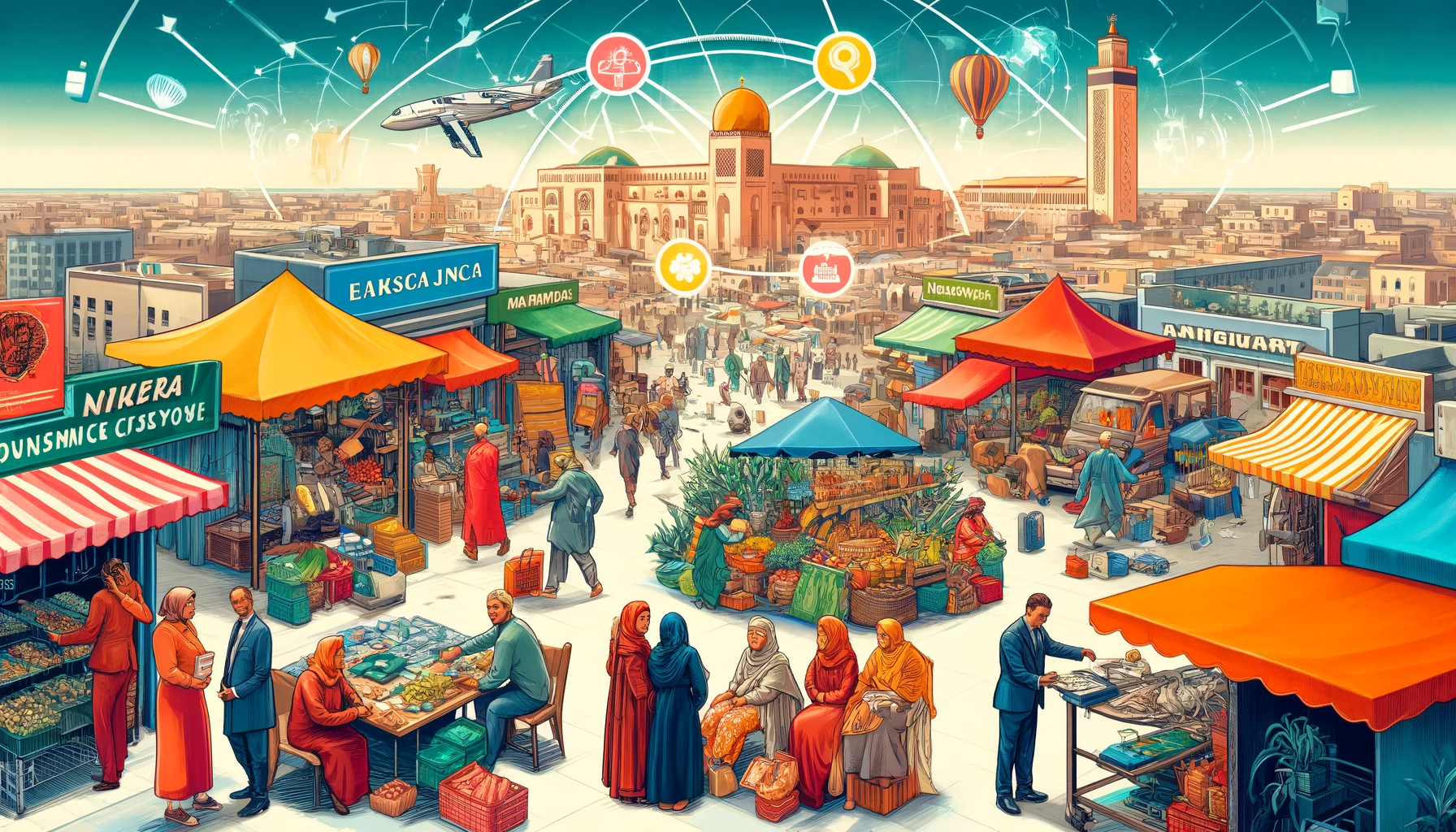by admin
Share
by admin
Share

What makes one specific Entrepreneurial Ecosystem (EE) more conducive to entrepreneurial activity than another? We mobilize ecosystem and network theories to describe EE processual patterns having an impact on Entrepreneurial Dynamics outcomes. We targeted low-income environments to identify the EE effect. An empirical and exploratory research was conducted based on quantitative graph theory, using big data from the scraping of 1,302 web-based articles about 185 organizations. We found that Morocco’s disaggregated ecosystem, compared to Madagascar’s denser and more modular ecosystem, explains the significant difference of entrepreneurial dynamics between the two countries. It reduces the availability of Entrepreneurial Ecosystem components for Entrepreneurs. These results indicate a process of ecosystem discontinuity that has a negative impact on the associated entrepreneurial dynamics.
Grégory Guéneau, Didier Chabaud, and Marie-Christine Chalus-Sauvannet
https://www.elgaronline.com/edcollchap/book/9781803928975/book-part-9781803928975-12.xml
Request: Please send me the OSE in Qatar reports Here is the link to download Qatar’s Reports: https://drive.google.com/drive/folders/1BwB_e1mqWNSVEGGVczhaQ6h2Mt0Ks84P?usp=sharing — This is a notification that a contact form was submitted on your website (OSE in Africa https://www.ose.africa/gcc/qatar). — Ce message, son contenu et toutes les pièces jointes sont adressés à l’attention exclusive de leur (s) destinataire
Request: Please send me the OSE in Qatar reports Here is the link to download Qatar’s Reports: https://drive.google.com/drive/folders/1BwB_e1mqWNSVEGGVczhaQ6h2Mt0Ks84P?usp=sharing — This is a notification that a contact form was submitted on your website (OSE in Africa https://www.ose.africa/gcc/qatar). — Ce message, son contenu et toutes les pièces jointes sont adressés à l’attention exclusive de leur (s) destinataire
Request: Please send me the OSE in Qatar reports Here is the link to download Qatar’s Reports: https://drive.google.com/drive/folders/1BwB_e1mqWNSVEGGVczhaQ6h2Mt0Ks84P?usp=sharing — This is a notification that a contact form was submitted on your website (OSE in Africa https://www.ose.africa/gcc/qatar). — Ce message, son contenu et toutes les pièces jointes sont adressés à l’attention exclusive de leur (s) destinataire
Request: Please send me the OSE in Qatar reports Here is the link to download Qatar’s Reports: https://drive.google.com/drive/folders/1BwB_e1mqWNSVEGGVczhaQ6h2Mt0Ks84P?usp=sharing — This is a notification that a contact form was submitted on your website (OSE in Africa https://www.ose.africa/gcc/qatar). — Ce message, son contenu et toutes les pièces jointes sont adressés à l’attention exclusive de leur (s) destinataire

